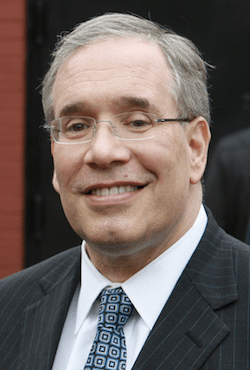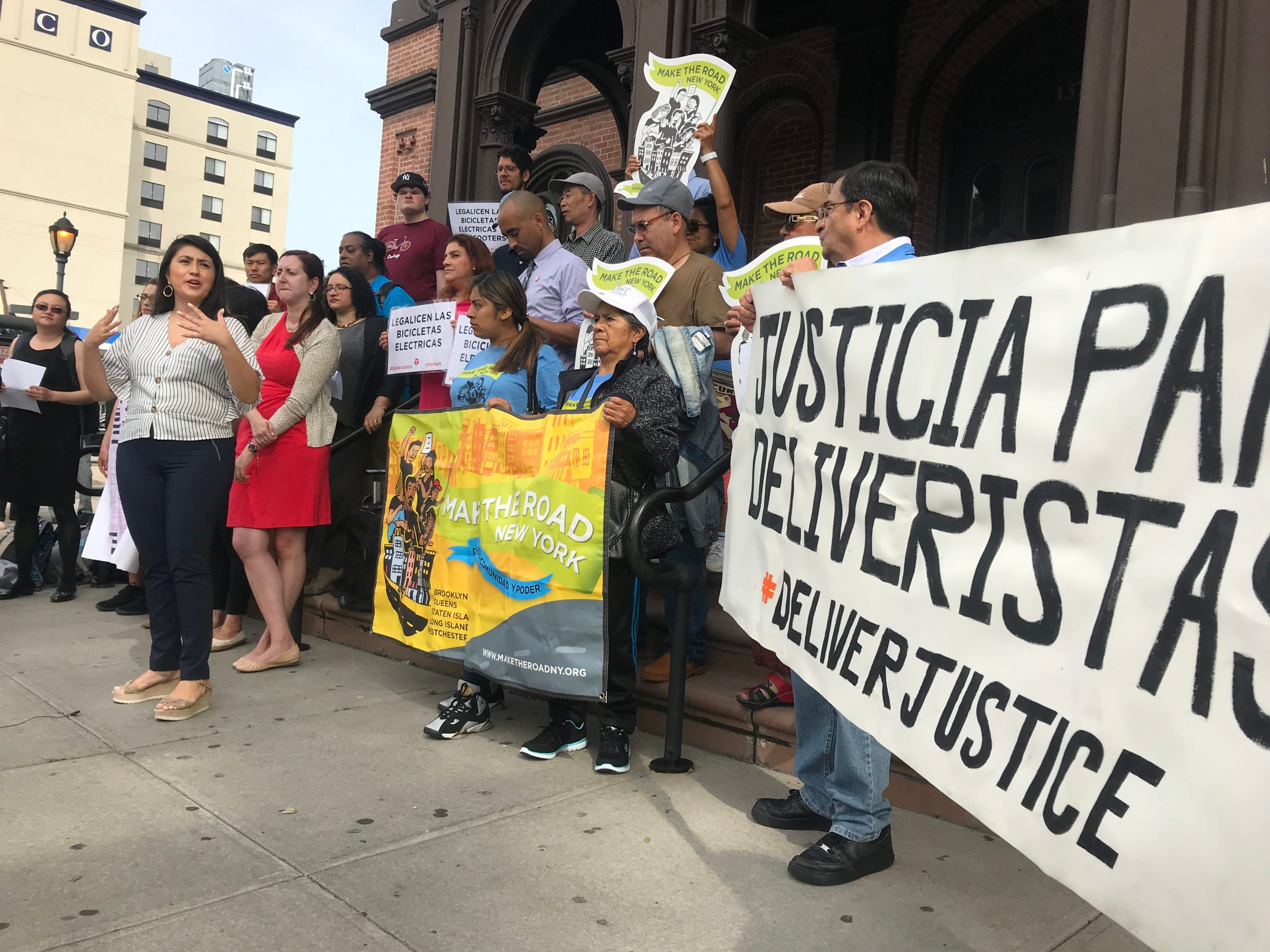
Through the pouring rain and heavy snow, 30-mile per hour winds, and in the freezing cold, delivery workers venture into the streets of New York. Weather doesn’t stop them. Distance doesn’t deter them. 16 hours days don’t hold them back. They make sure that food delivery gets to New Yorkers sitting comfortably on their couches.
It’s what many of these mostly immigrant workers have done for years. But what do these hard-working, low-wage workers get in return for their labor? A citywide crackdown on the bikes that carry them to lobbies, stoops, and hallways across the city.
Simply put, it makes no sense.
In 2018 alone, the city issued 1,154 civil summonses for e-bike usage and 1,215 e-bikes were seized from delivery workers who are just trying to make ends meet. That’s thousands of largely low-wage workers saddled with fines costing days of wages who are thrown into financial distress, unable to work over the next few weeks.
It’s a disgrace, it’s discriminatory, and this crackdown is antithetical to our status as a sanctuary city. It must change.
Fortunately, a new bill in Albany from Senator Jessica Ramos and Assembly Member Nily Rozic provides a path forward. The legislation — modeled after a successful measure in California — would create three separate classes of e-bikes based on their maximum speed and power source, and defer to local governments in creating regulations for each class. That would allow New York City to draft rules that are fair, safe, eco-friendly, and, most importantly, finally deliver justice to delivery workers.
Legalizing e-bikes, in fact, will improve mobility for all New Yorkers and attract thousands of new riders — from the “enthused and confident” to the “interested but concerned.”
Moving forward, our bike program should focus on growing ridership. That’s because bikes are the bridge between so many of our transit goals: sustainability, equity, safety, and increasing mobility throughout the far reaches of our city.
To get there, we’ll need to legalize e-bikes, of course, but also build-out a more extensive network of protected bike lanes and upgrade the maintenance and enforcement of existing lanes so that riders aren’t constantly swerving to avoid bumps, cracks, potholes, utility plates, garbage bags, and illegally parked cars.
The time to fundamentally change the discriminatory status quo is now. If we want a fairer, safer, and more sustainable city, biking, walking, and public transit are the way forward. There’s a bill in Albany that holds the promise of lasting, long sought change.
Let’s get moving.
Scott Stringer is the New York City Comptroller. He is also considered a likely mayoral candidate in 2021.






